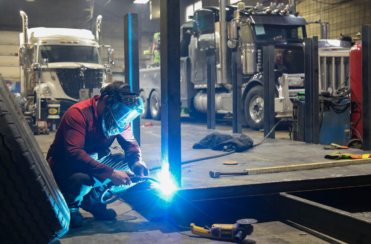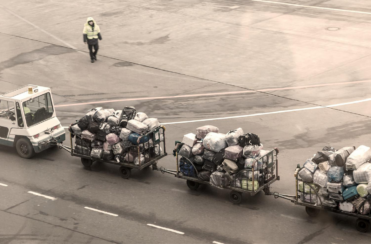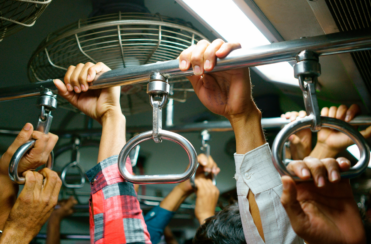Impact on photography of new laws on “serious invasions of privacy”
Promissory estoppel: “One day all this will be yours…” – which case won?
A married couple bought a rural property on the northwest peri-urban fringe of Sydney in 1969. Both held high-profile jobs in fields unrelated to agriculture, so for the whole of the time between the purchase and the death in 2016 of the wife, who outlived her husband, the property had to be run by a manager on a share farming basis.
The claimant was the son of the man who had managed the property until 1974, after which the claimant, then 22, took over, and remained as the manager until the death of the wife.
Under the will of the wife – the sole owner of the property after her husband’s death – the property was left to one of her two daughters; and there was a gift of a little over $200,000 to the claimant.
Weekend worriers – can your boss force you to work weekends?
Exactly what is employment law? Piecing together the employment law jigsaw puzzle
“Twenty pegs wouldn’t have done it”: questions posed by the Tasmanian jumping castle accident
Photography, privacy and copyright infringement
NSW rail transport strikes and the poker game of industrial relations
Defendant’s criminal sentence hangs on court’s interpretation of a comma – which case won?
In a case decided in 2016 by the United States Supreme Court, a defendant’s criminal sentence hinged on where a comma should be placed in the ambiguous wording of a statute.
A man had pleaded guilty to the offence of possessing child pornography. He had a prior conviction for the sexual abuse of his 53-year-old girlfriend, but no prior convictions for sexual abuse involving a minor.
As he had pleaded guilty, the only issue before the court was the sentence to be applied. The applicable sentencing guidelines suggested a term of imprisonment of between six and a little over eight years.
“If I’d had a safe system of work, I wouldn’t be injured.” Which case won?
A case in 2019 examined the question of whether a race club had provided one of its casual employees with a safe system of work.
Because of the big crowd of racegoers, and copious supplies of food and drink (which could be brought in or purchased), more than a hundred 240-litre wheelie bins were placed at various locations around the racecourse.
The bins had soft plastic bin liners placed in them and were positioned in groups at various locations. Some were on paved areas, but others on grass.
On one of these grassed areas (with a moderate but unquantified slope) was a group of six bins. Despite the worker’s emphatic evidence to the contrary, the trial judge accepted that the bins were placed back-to-back, with their handles touching.
About twenty metres away from these bins was a garbage skip, where full bin liners were dumped. It was accepted that the weight of a full bin liner could vary considerably, depending on the mix of food waste and lightweight items, such as empty cardboard cups and drink cans.


















